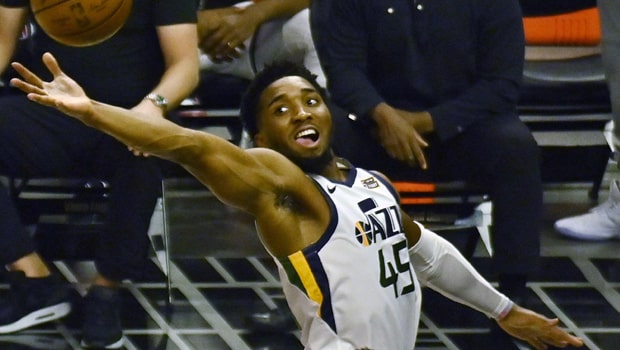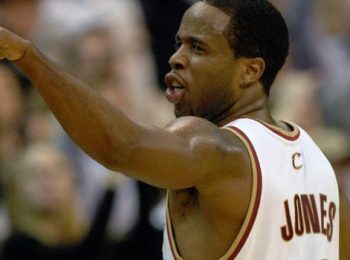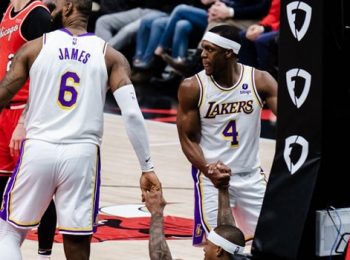After enduring a tumultuous 2024-25 campaign, the Utah Jazz are turning the page with a renewed focus on long-term stability and development. Finishing with a dismal 17-65 record, worst in the NBA, the team missed the playoffs for a third consecutive year, casting a spotlight on the challenges of rebuilding amid a youth-driven roster.
Despite boasting All-Star forward Lauri Markkanen, who averaged 19.0 points per game, his production marked a notable decline from his previous two seasons. Markkanen’s dip in scoring further exposed the Jazz’s inconsistency and growing pains. With eight players under the age of 23, Utah showed flashes of potential but fell short of developing the cohesion necessary to compete in a stacked Western Conference.
The Jazz’s struggles were compounded by their misfortune in the 2025 NBA Draft lottery, where they failed to secure the coveted top pick. Instead, they hold the fifth and 21st selections, positions that could still yield impactful talent but fall short of transforming the franchise overnight. In light of this, the Jazz appear to be pivoting toward strategic rebuilding that leans more on development and leadership than simply relying on high draft picks.
At the heart of this strategy is a revamped commitment from team governor Ryan Smith, who has emphasized front-office restructuring as a key pillar for revival. A major step in this direction was last month’s extension of head coach Will Hardy through the 2030-31 season. The move signals the organization’s desire to build around a consistent coaching philosophy and foster a strong foundation for the team’s young core.
Now, the Jazz are taking another step to reinforce their basketball operations by targeting experienced leadership capable of guiding both the roster and upcoming draft choices. With the fifth and 21st picks still offering valuable opportunities, the emphasis is clearly shifting from short-term fixes to sustainable growth.
By securing Hardy long-term and reinforcing the front office, the Jazz are showing patience rarely seen in today’s NBA. Their approach aims to develop a culture where young talent can mature under a unified vision.
While this past season’s record may have stung, Utah’s current moves suggest that they are committed to learning from failure and embracing a comprehensive rebuild. For Jazz fans, it may take time, but the foundation for a brighter future is quietly being laid.

























